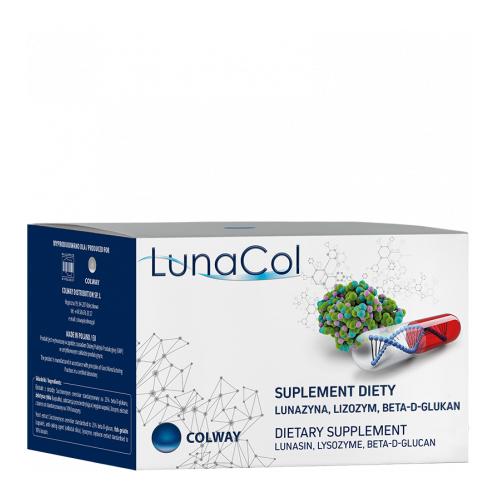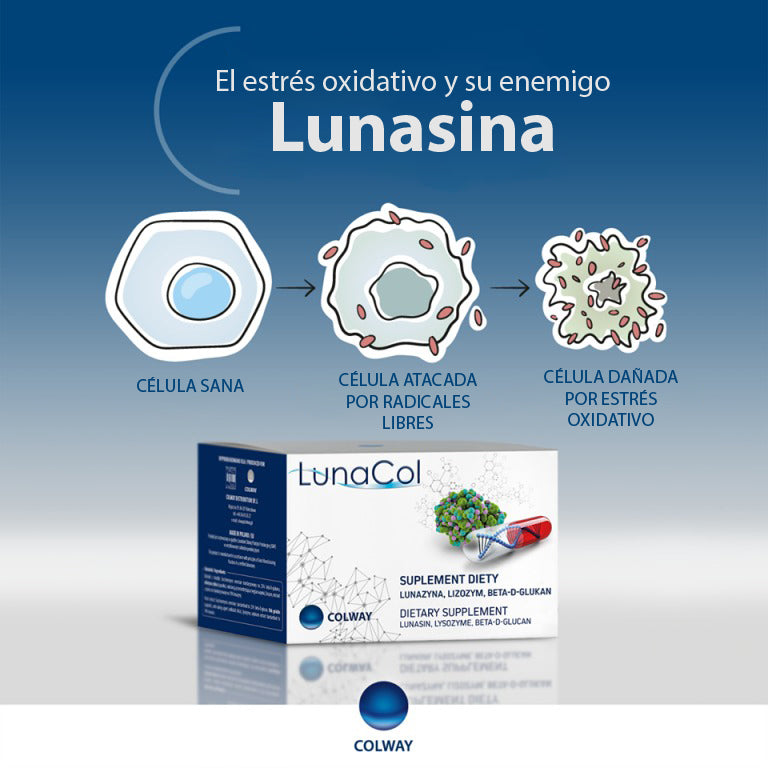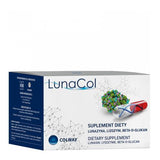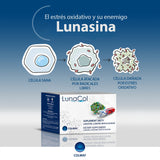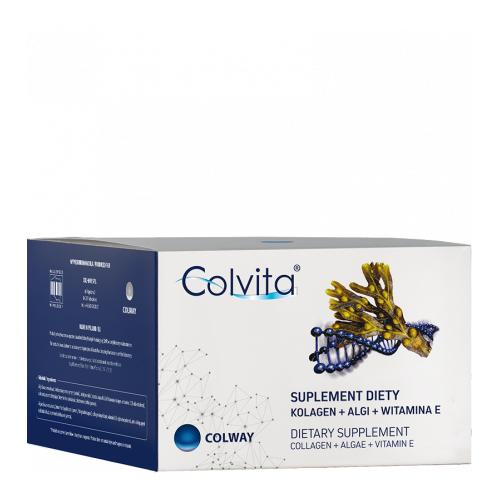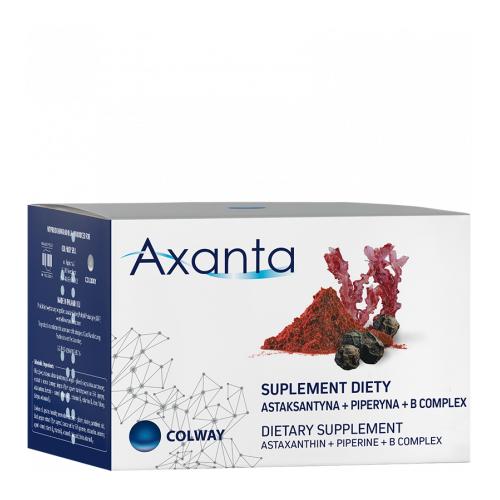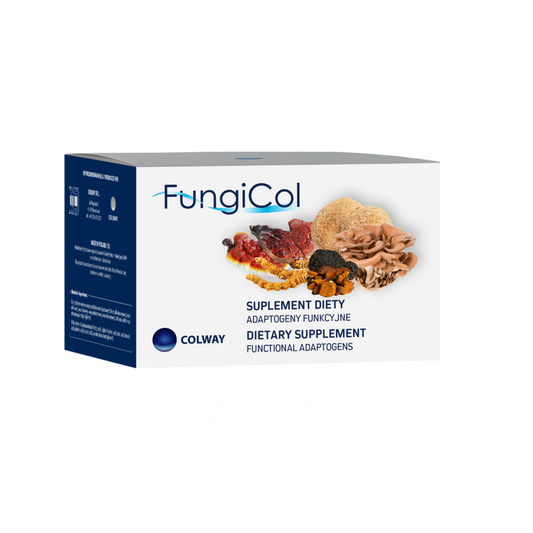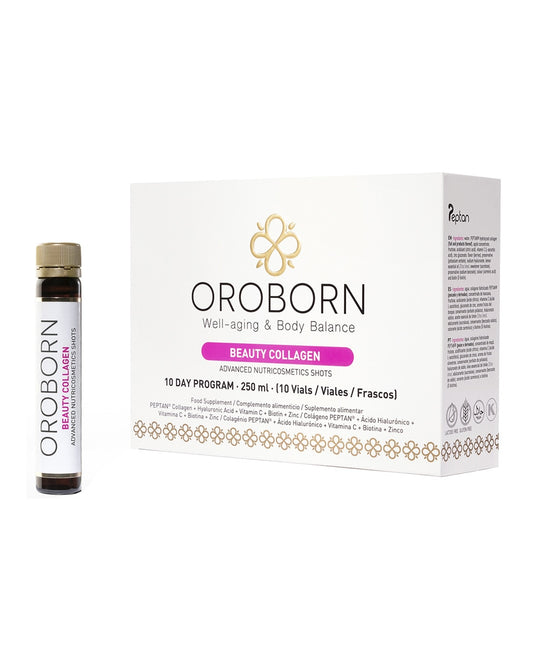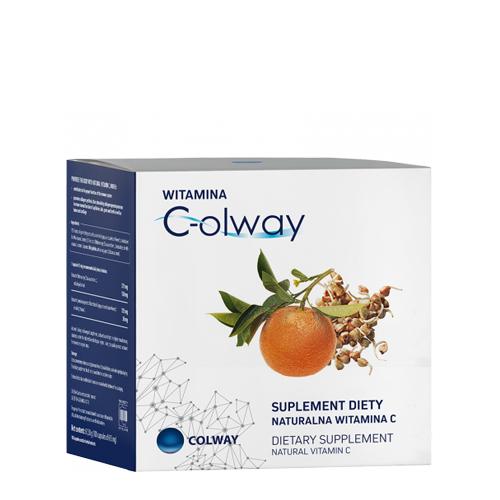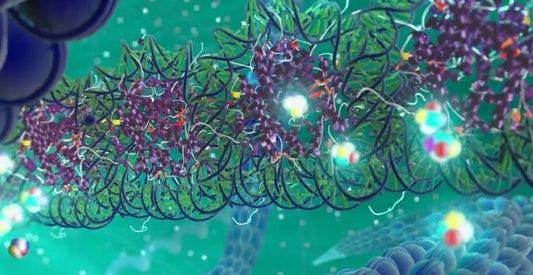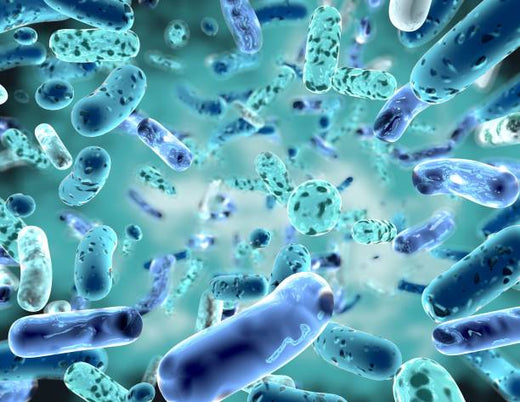Breast cancer is one of the most common cancers in women. Its pathology comprises tumor cells and nearby stromal cells, accompanied by cytokines and stimulated molecules, resulting in a favorable microenvironment for tumor progression. Lunasin is a seed-derived peptide with multiple bioactivities. However, the chemopreventive effect of lunasin on different characteristics of breast cancer has not been fully explored.
Lunasin: a peptide with potential
This study aims to explore the chemopreventive mechanisms of lunasin through inflammatory mediators and estrogen-related molecules in breast cancer cells.
Study methodology
Cell types
Estrogen-dependent MCF-7 and estrogen-independent MDA-MB-231 breast cancer cells were used.
Effect of β-estradiol
β-estradiol was used to simulate physiological estrogen. Gene expression, mediator secretion, cell vitality, and apoptosis affecting breast malignancy were explored.
Study Results
Effects on MCF-10A cells
Lunasin did not affect the growth of normal MCF-10A cells.
Effects on cancer cells
Lunasin inhibited the growth of breast cancer cells, increased interleukin (IL)-6 gene expression and protein production at 24 hours, and decreased its secretion at 48 hours.
Interleukin (IL)-6 regulation
Lunasin increased IL-6 gene expression and protein production in breast cancer cells at 24 hours and decreased its secretion at 48 hours.
Regulation of aromatase and estrogen receptors
In both breast cancer cells, aromatase gene and estrogen receptor (ER)α gene activity and expression were decreased by lunasin treatment, whereas ERβ gene levels were significantly increased in MDA- cells. MB-231.
Decreased vascular endothelial growth factor (VEGF)
Lunasin decreased VEGF secretion and cell vitality and induced apoptosis in both breast cancer cell lines.
Induction of apoptosis
Lunasin induced apoptosis in both breast cancer cell lines.
Regulation of the leptin receptor (Ob-R)
Lunasin alone decreased leptin receptor (Ob-R) mRNA expression in MCF-7 cells.
Effect of β-estradiol on cell proliferation
β-estradiol increased the proliferation of MCF-7 cells but not the proliferation of other cells; in particular, lunasin still inhibited the growth and cell vitality of MCF-7 cells in the presence of β-estradiol.
Conclusion
The lunasin seed peptide inhibited the growth of breast cancer cells by regulating inflammatory, angiogenic, and estrogen-related molecules, suggesting that lunasin is a promising chemopreventive agent.
Frequently asked questions about lunasin or lunasin
-
What is lunasin and where is it derived from?
Lunasin is a peptide with multiple bioactivities that is derived from seeds.
-
What was the aim of the study?
The study aimed to explore the chemopreventive mechanisms of lunasin through inflammatory mediators and estrogen-related molecules in breast cancer cells.
-
What types of cells were used in the study?
Estrogen-dependent MCF-7 and estrogen-independent MDA-MB-231 breast cancer cells were used.
-
What were the main results of the study?
Lunasin inhibited the growth of breast cancer cells, regulated inflammatory, angiogenic, and estrogen-related molecules, and showed a promising chemopreventive effect.
-
Did lunasin affect normal cells?
No, lunasin did not affect the growth of normal MCF-10A cells.
The information in this article was summarized from this article: https://foodandnutritionresearch.net/index.php/fnr/article/view/8991




















































































































